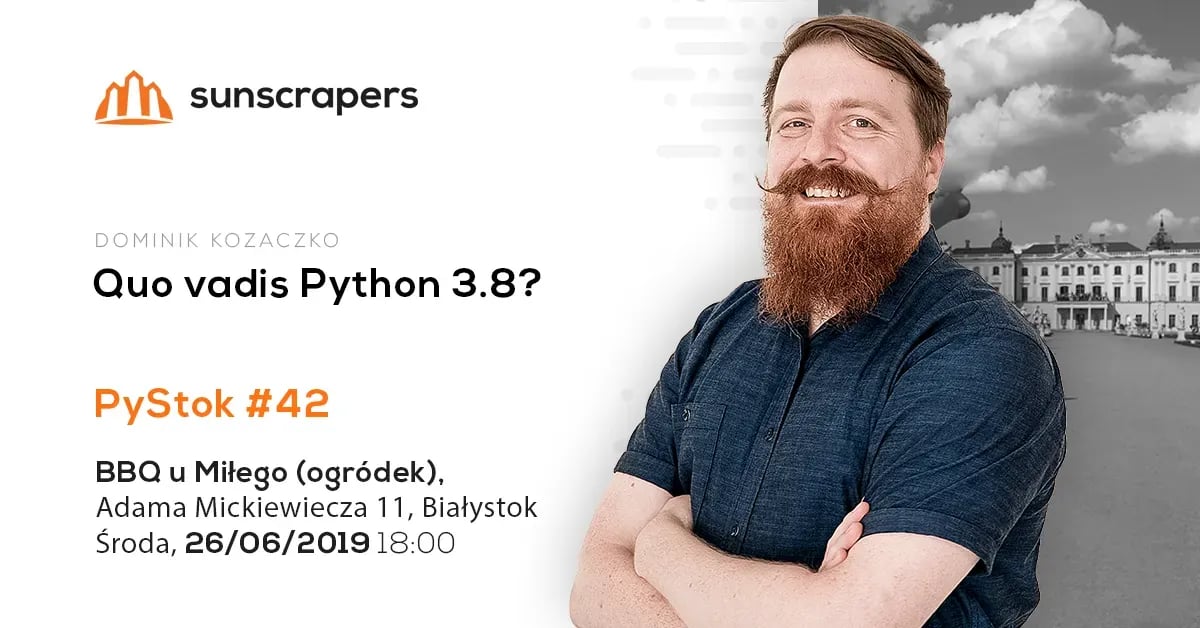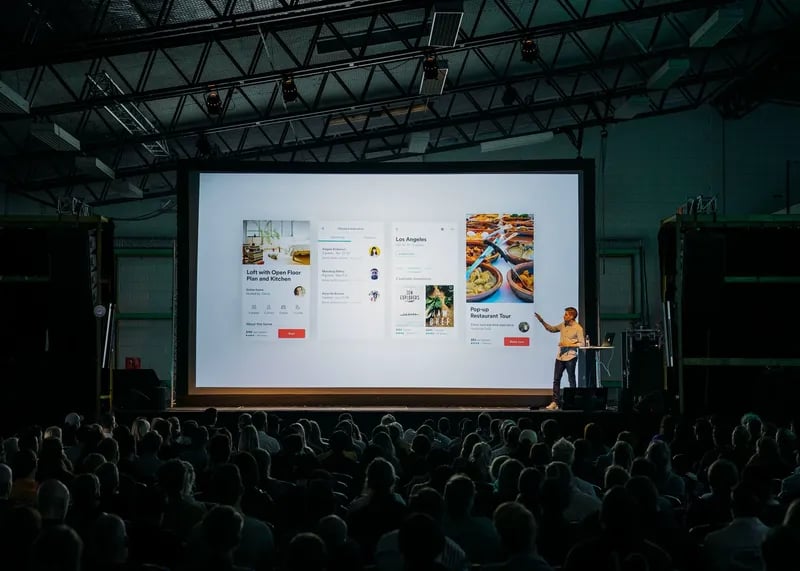
Sunscrapers Team
29 July 2019, 4 min read

PyStok is a Białystok-based group of Python enthusiasts who aim to spread the knowledge about this amazing programming language. Naturally, we help them on that mission! Sunscrapers sponsors PyStok events to create an environment that fosters knowledge exchange and build a local Python community.


